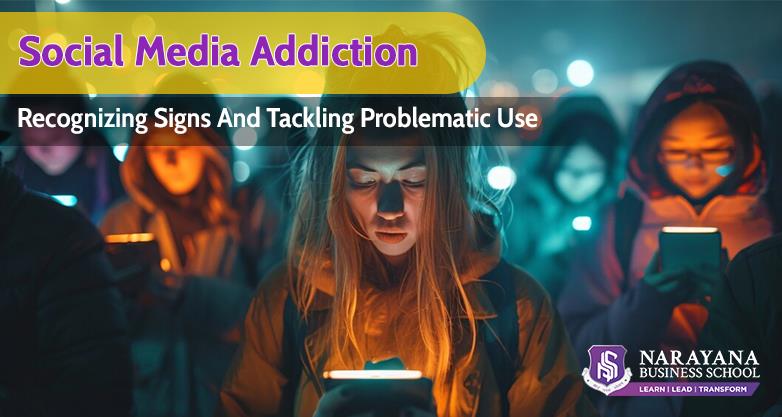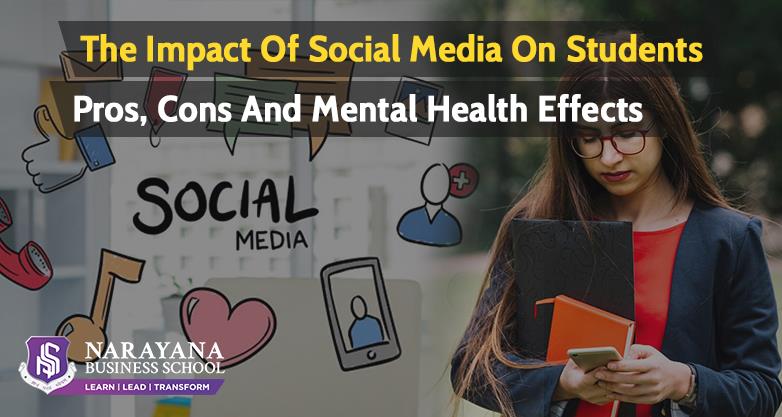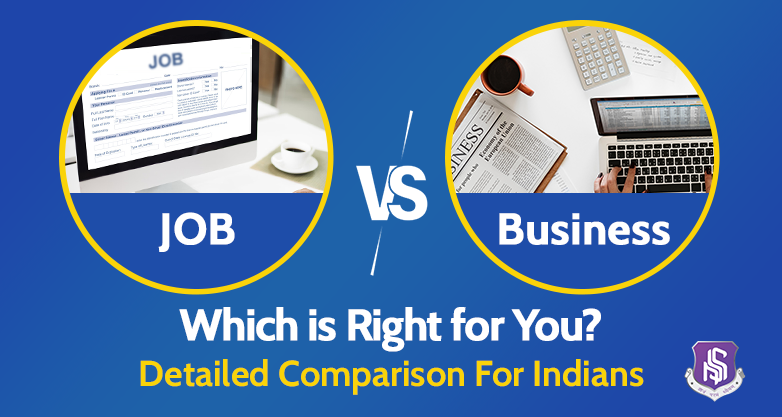In our increasingly interconnected world, social media platforms have become an integral part of daily life. However, with this rise in usage comes the risk of social media addiction. Understanding and recognizing the signs of this behavioral addiction is crucial for maintaining mental health and fostering healthier relationships with digital media. This carefully put article delves into the nature of social media addiction, impact of social media on students at large, its common signs, and the latest research trends, aiming to shed light on this pressing issue.
Understanding Social Media Addiction
What Is Social Media Addiction?
Social media addiction is characterized by an overwhelming compulsion to engage with social media platforms, leading to significant time investment and emotional dependence. This addiction is classified as a behavioral addiction, where individuals often prioritize social media use over other essential activities, ultimately affecting their daily lives and relationships. Symptoms of this addiction may include a persistent urge to check social media accounts, prolonged periods spent on social media each day, and withdrawal symptoms when individuals are unable to access these platforms.
A 2019 survey highlighted that 40% of young adults in the U.S. felt addicted to social media, a statistic that emphasizes the prevalence and importance of understanding its addictive nature for mental health and overall well-being.
Common Signs Of Addiction To Social Media
Identifying common signs of addiction to social media is essential for early intervention. Individuals may exhibit compulsive checking of their social media accounts, spending excessive time on these platforms rather than engaging in offline activities. Mood changes can occur when individuals are not online, and they may experience withdrawal symptoms that further alienate them from real-life interactions.
Conflicts often arise due to excessive social media use, as personal relationships and responsibilities can become severely impacted. Research indicates that the use of social media can lead to social isolation and emotional distress, with many users prioritizing online interactions over face-to-face engagements. Recognizing these signs can facilitate timely intervention and promote healthier social media habits.
Research Trends In Social Media Addiction
Recent research highlights a growing concern regarding social media addiction, especially among adolescents. Studies conducted as early as 2016 revealed that teens were spending an average of six hours daily on social media, a trend that has likely intensified with the emergence of new social media platforms. The addictive use of social media has been compared to gambling and drug use, as both can trigger dopamine release in the brain, reinforcing compulsive behaviors.
Moreover, ongoing studies suggest that social media addiction may contribute to various mental health issues, including anxiety and depression. As the landscape of social media continues to evolve, it remains critical to understand its impact on users, particularly as excessive use of social media can have serious effects on mental health.
The Negative Effects Of Social Media Use

Mental Health Impacts Of Social Media Addiction
Social media addiction is increasingly recognized for its detrimental impacts on mental health, particularly among young users. The excessive use of social media can lead to significant mental health issues, including anxiety, depression, and even a heightened risk of suicide among adolescents. A systematic review has revealed a troubling correlation between increased social media usage and psychological distress, which is often worsened by factors like sleep disturbances and peer pressure.
Furthermore, negative interactions, such as cyberbullying, can exacerbate these mental health challenges, leading to feelings of sadness and isolation. A study conducted in 2017 identified that many young people experience profound distress as a result of internet addiction. The pros and cons of internet usage and impact of social media on students is significantly increasing. The urgent need for awareness and effective intervention strategies is critical to safeguard the mental well-being of those affected by social media addiction.
How Social Media Affects The Brain
The interplay between social media use and brain function is profound, as engagement with these platforms activates the brain’s reward system in a manner comparable to that of addictive substances. During interactions on social media, the brain releases dopamine, reinforcing the behavior and creating a cycle of craving for more engagement. Research indicates that prolonged social media addiction may result in structural changes to the brain, particularly in areas responsible for emotional regulation and impulse control.
These neurological alterations can complicate an individual’s ability to manage their social media usage, often leading users to seek validation through likes and comments. Understanding these brain-based effects is vital for developing effective strategies to combat social media addiction and support healthier relationships with digital media.
Downsides Of Excessive Social Media Use
The excessive use of social media can lead to a myriad of physical and psychological health problems, making it crucial to address these downsides. Studies have shown that adolescents who spend excessive time on social media are more likely to experience health issues, including increased visits to healthcare providers.
A 2020 study revealed that negative language prevalent on social media is associated with a higher risk of developing heart disease. Additionally, the relentless pressure to maintain an online presence often contributes to stress and anxiety, fostering a harmful cycle of social comparison and diminishing self-esteem.
The constant connectivity inherent in social media platforms frequently disrupts sleep patterns, which can cascade into a range of health problems. Therefore, understanding and addressing these negative effects is essential for promoting healthier social media habits that support overall well-being.
Tackling Problematic Social Media Use
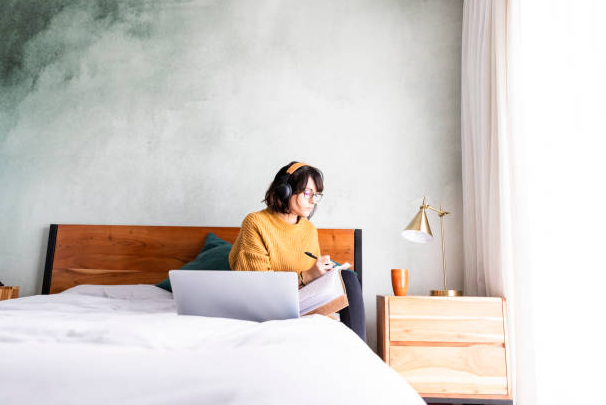
Strategies To Decrease Social Media Use
Decreasing social media use can be challenging but is essential for those struggling with addiction. Implementing effective strategies to limit usage is crucial for mitigating the negative effects of social media addiction. One practical approach is removing social media apps from frequently used devices, which can reduce the temptation to engage with these platforms. Additionally, leaving phones in another room or turning off notifications can help minimize distractions and compulsive checking behaviors. Engaging in offline hobbies, such as reading, exercising, or spending time with friends and family, can provide a fulfilling alternative to screen time. Furthermore, setting specific time limits for social media use and taking regular breaks can help manage compulsive behavior. In cases where self-regulation proves difficult, seeking professional help from a mental health expert may be necessary to develop effective coping strategies tailored to individual needs.
Recognizing When You’re Addicted to Social Media
Recognizing when you are addicted to social media is the first step toward recovery and healthier engagement with digital platforms. Individuals can assess their relationship with social media by reflecting on several key questions. Signs of addiction may include excessive preoccupation with social media, characterized by an increased urge to use these platforms even when it interferes with daily responsibilities.
Additionally, using social media as a coping mechanism for personal issues, such as loneliness or stress, can indicate a problematic relationship with these platforms. If the use of social media negatively impacts one’s job or studies, it may be a clear signal that help is needed. Acknowledging these signs is crucial for implementing changes to reduce social media dependency, ultimately promoting a healthier balance between online and offline life.
Support Systems And Resources For Social Media Addiction
Support systems play a vital role in addressing social media addiction and its associated challenges. Friends and family can provide encouragement and accountability, making it easier for individuals to navigate their struggles with excessive social media use. Professional resources, such as mental health counselors, can offer guidance tailored to individual needs, helping users develop effective strategies to manage their social media consumption. Various online tools and apps are available to help users monitor and limit their social media usage, empowering them to take control of their habits.
Furthermore, support groups can create a sense of community among individuals facing similar challenges, fostering shared experiences and coping strategies. Utilizing these resources can significantly enhance one’s ability to regain control over their social media habits, ultimately leading to a healthier relationship with digital media.
Future Trends In Social Media and Addiction

Predicted Trends In Social Media Addiction
As we look toward the future, it is apparent that trends in social media addiction are set to evolve alongside emerging technologies and changing user behaviors. The rise of immersive experiences through virtual reality (VR) and augmented reality (AR) is likely to enhance the addictive use of social media, providing users with increasingly engaging platforms that can lead to prolonged time spent on social media.
Furthermore, with younger generations becoming acquainted with social network sites at earlier ages, there is a heightened susceptibility to developing problematic social media use that could lead to addiction.
Ongoing research is vital in understanding these trends, as it will illuminate the psychological and social implications of enhanced engagement on social media platforms. It is crucial to develop strategies that address the potential escalation of social media addiction and its impact on mental health.
The Role Of Technology In Managing Social Media Use
In the battle against social media addiction, technology can serve a dual purpose, both fostering engagement and offering solutions to mitigate overuse. While social media platforms are crafted to retain user attention, innovative tools and applications are emerging to help individuals manage their social media usage effectively.
Features such as screen time tracking, usage limits, and personalized reminders can promote healthier habits and encourage users to reflect on their relationship with social media.
Moreover, advancements like AI in education or artificial intelligence as a whole may pave the way for tailored interventions that cater to individual behaviors, making it easier for users to recognize and address their addictive tendencies. By emphasizing responsible use of technology, we can work towards reducing the risks associated with social media addiction and fostering a more balanced approach to digital media consumption. There’s significant difference between artificial intelligence and data science and the upcoming generation should understand the key differences between the two.
In Conclusion – Potential Solutions To Combat Social Media Addiction
Thank you for reading till the end, it is imperative to identify potential solutions to combat social media addiction as it has become a growing and pressing issue.
Confronting social media addiction necessitates a comprehensive approach that integrates education, awareness, and intervention strategies. Schools and community initiatives can play a pivotal role by providing programs designed to educate young individuals about the risks associated with excessive social media use and promoting healthy online behaviors.
By fostering open discussions about social media’s impact on mental health, we can help destigmatize the issue and create supportive environments for those struggling with addiction to social media. Furthermore, collaboration among technology companies, mental health professionals, and educators can lead to innovative solutions aimed at reducing the prevalence of social media addiction.
Ultimately, a collective effort is essential to promote balanced social media usage and address the challenges posed by problematic social media use effectively.

